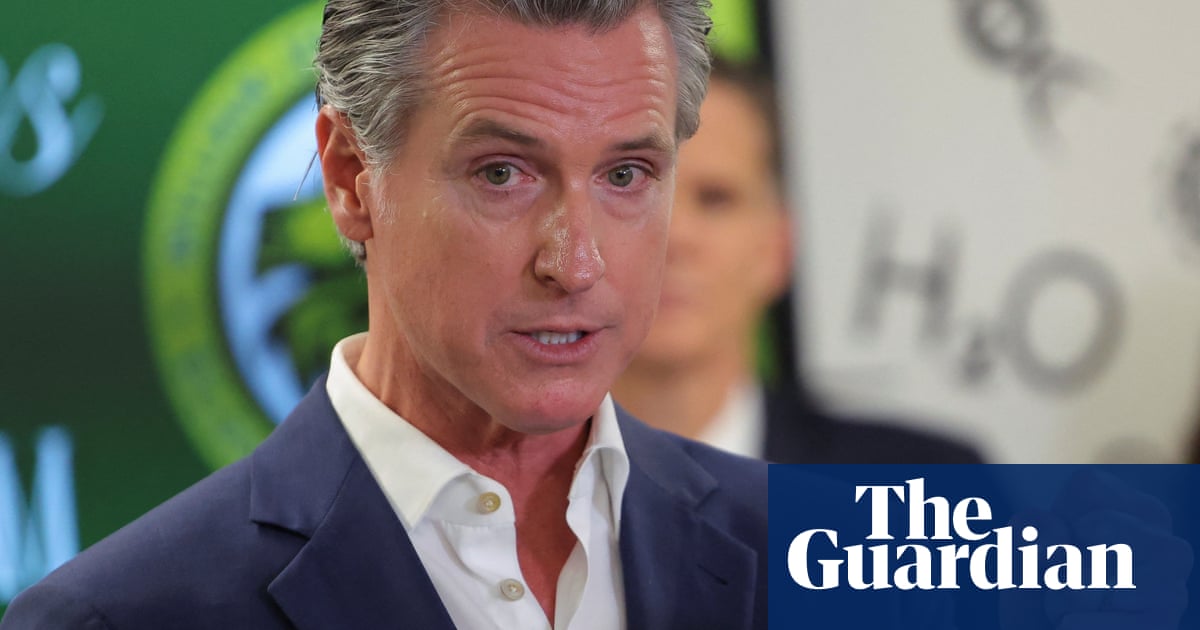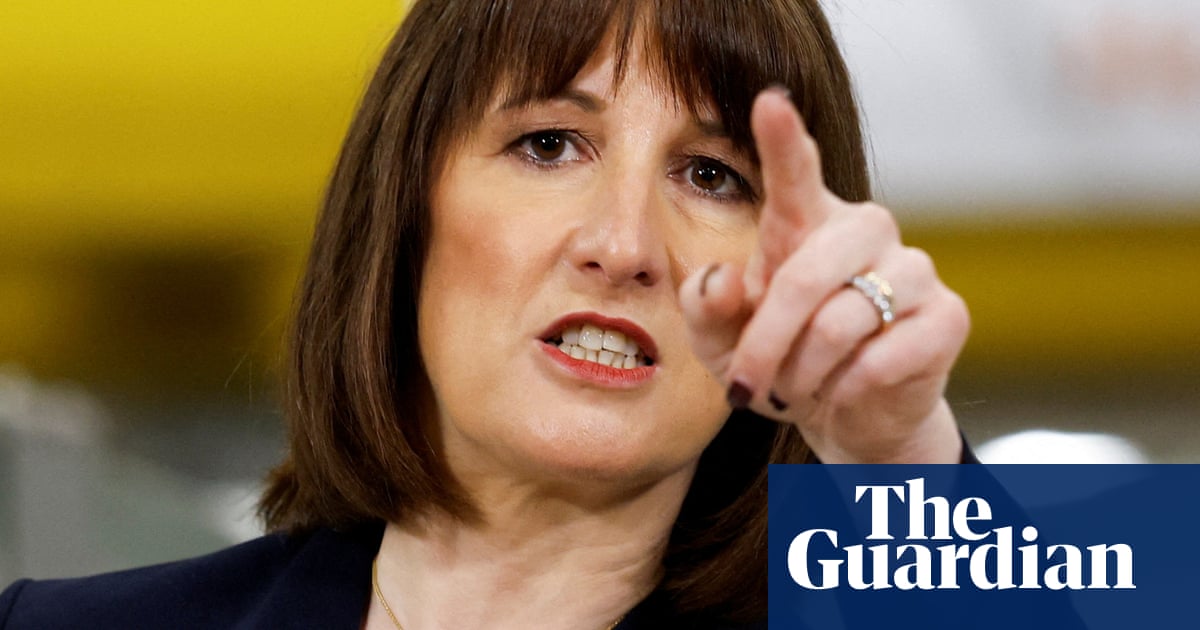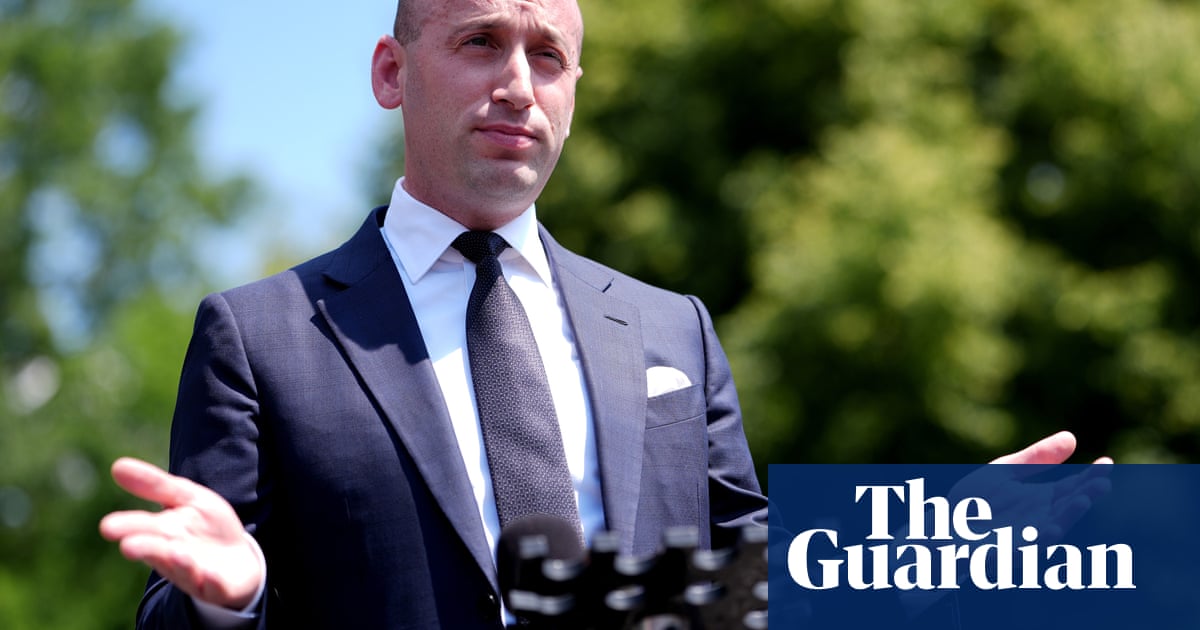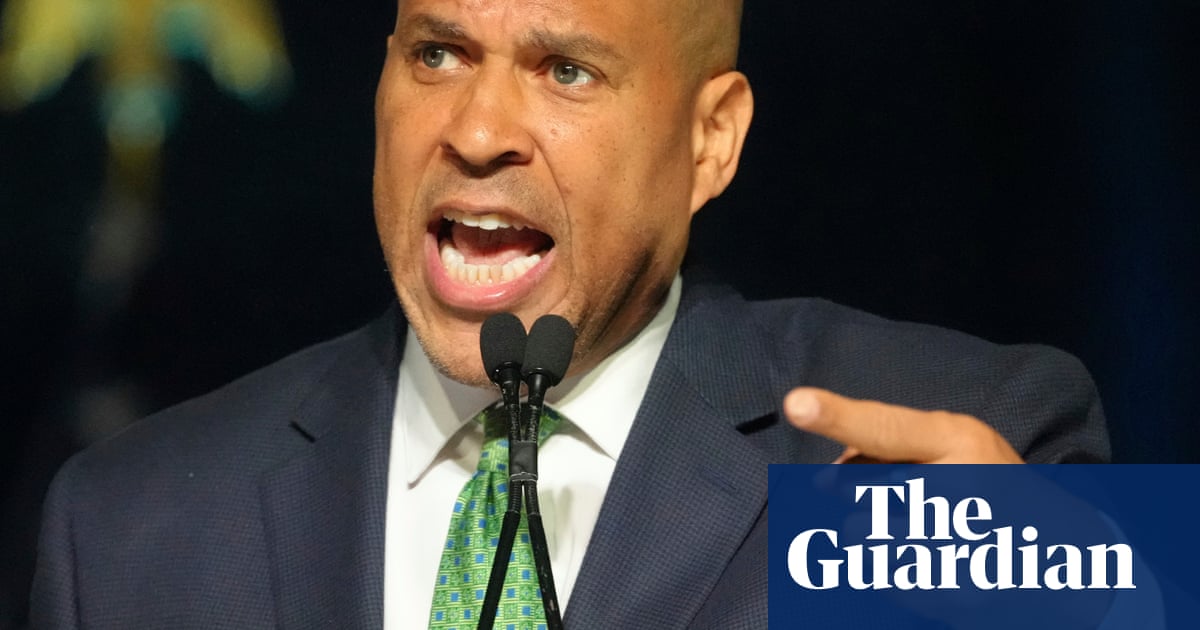It is a life-defining moment, for James Murdoch, to describe his father and wider family in an interview with the Atlantic. Much of the rough and tumble and backstabbing – Rupert essentially pitting James against the older Lachlan, in a fight that continually vexed him because his favourite (Lachlan) never won – has existed in the public domain for years as rumour. Much of it has been proved or demonstrated within reason, either by biographers – Michael Wolff in particular – or by events, culminating in Rupert and Lachlan’s legal case to secure Lachlan’s hold on the Murdoch family trust, against the other siblings, James, Liz and Prue, at the end of last year, which Rupert lost.
Yet none of those machinations, spanning decades, could really encompass the sheer unbridled nastiness of this family. James describes a meeting with Rupert’s lawyer, Rupert himself sitting at the table, feigning a lack of interest. A series of questions directed to James – “Have you ever done anything successful on your own?”; “Why were you too busy to say ‘Happy Birthday’ to your father when he turned 90?” – are so loaded and needling it’s hard to imagine them emitting from any kind of professional. James recounts thinking his father was distracted, playing on his phone, only to realise that he was actually texting these questions to the lawyer.
A family counselling retreat in Australia in 2010, which resulted in a “family constitution”, conceived in bad faith, leaked to Vanity Fair, and containing the immortal edict “relentlessly communicate openly, with trust and humility”, is perhaps the most strikingly manipulative act. James came to believe he had been set up, that all his other siblings were pitted against him. History can’t yet determine whether that’s true, but without question, at least one person borrowed the language and conventions of deep psychoanalytical exploration – the vulnerability and openness, the generosity and will to change – for the purposes of absolutely bilking their own flesh and blood, which is a special kind of mendacity. I live to resist the kneejerk characterisation of billionaires as exceptional just because they insist they are, but I have to admit: these billionaires are exceptionally horrible.
Another of those codes saw all the Murdochs signed up to be “vigilant of and defend against divisiveness, either between us or that which could infiltrate from without” (my italics). That’s what makes James’s latest interview so novel – previously he was held back by a sort of therapy-speak NDA. Which he should have clocked, to be honest – nobody telling you the truth says “that which could infiltrate from without” when they mean “outsiders”.

If the Murdochs weren’t rich, we wouldn’t know half of this, as they’d never have ended up fighting one another in court in Reno; or fighting the assorted forces of British law in the hacking scandal; or the US defamation suits in the Dominion case (payout: three-quarters of a billion dollars) and the Smartmatic case, both of which centre on Fox News spreading conspiracy theories that the 2020 election was rigged.
If they weren’t rich, we wouldn’t know the other half, as nobody would be interested enough to give James a platform for his grievances. One other obvious rider: without Succession, the media mogul drama that every Murdoch member swears someone else is briefing, yet whose details the creator Jesse Armstrong swears he just got from press cuttings, some of us still wouldn’t be interested, however rich they were, and however much dirty laundry got done in public.
But this isn’t a story about a watching public slavering over the lives, lifestyles, loves and hatreds of the super-rich; everything about it is political. Michael Wolff told me once, after 50 hours of one-to-one interviews with Rupert Murdoch, and a fresh instalment on the family, The Fall: “I’m not particularly interested in politics. I think that the real issues are about people’s personal motivations.” It irritated the hell out of me; would that any of us could afford to be uninterested in the politics that Rupert Murdoch has created.
Lachlan reportedly came to be thought of as the chosen heir because his politics mirrored those of his father, while James, Liz and Prue were all dismayed by his increasingly hardline conservatism, particularly with regard to the climate crisis. However, this makes it sound like a classic family row, and cannot begin to describe the evolution of Rupert’s politics, how he’s been transformed by cupidity and mindless ratings-chasing from a centre-right, newspaperman sensibility to bankrolling conspiracist, racist drivel. Fox News slid to the right faster, basically, than Rupert’s conscience or intellect could rouse themselves.
We may have had a ringside seat over here on Murdoch senior’s droning xenophobia, with the Sun splashing on fear of migrants reflexively in the absence of other news, like an out-of-office auto reply, but I think we would have been astonished, certainly before 2016, to see the openly white supremacist “great replacement theory”, evangelised by Tucker Carlson on Fox, in any British tabloid. Rupert, who always loathed Donald Trump, created in Fox News both ideas-machine and propagandist for Trump’s victory. And for what? More money, more power, to wield over the junior Murdochs, set them against one another, and make everyone miserable.
So maybe Wolff was right, maybe the politics of the Murdochs aren’t interesting, being as they are pretty bland, in James, Liz and Prue’s case, and all over the place, in Rupert and Lachlan’s. We do, unfortunately, have to live in the Murdochs’ politics, and the fact that they are also personally miserable – well, if it’s a consolation, it’s very small and vanishingly brief.
-
Zoe Williams is a Guardian columnist

 3 months ago
77
3 months ago
77

















































